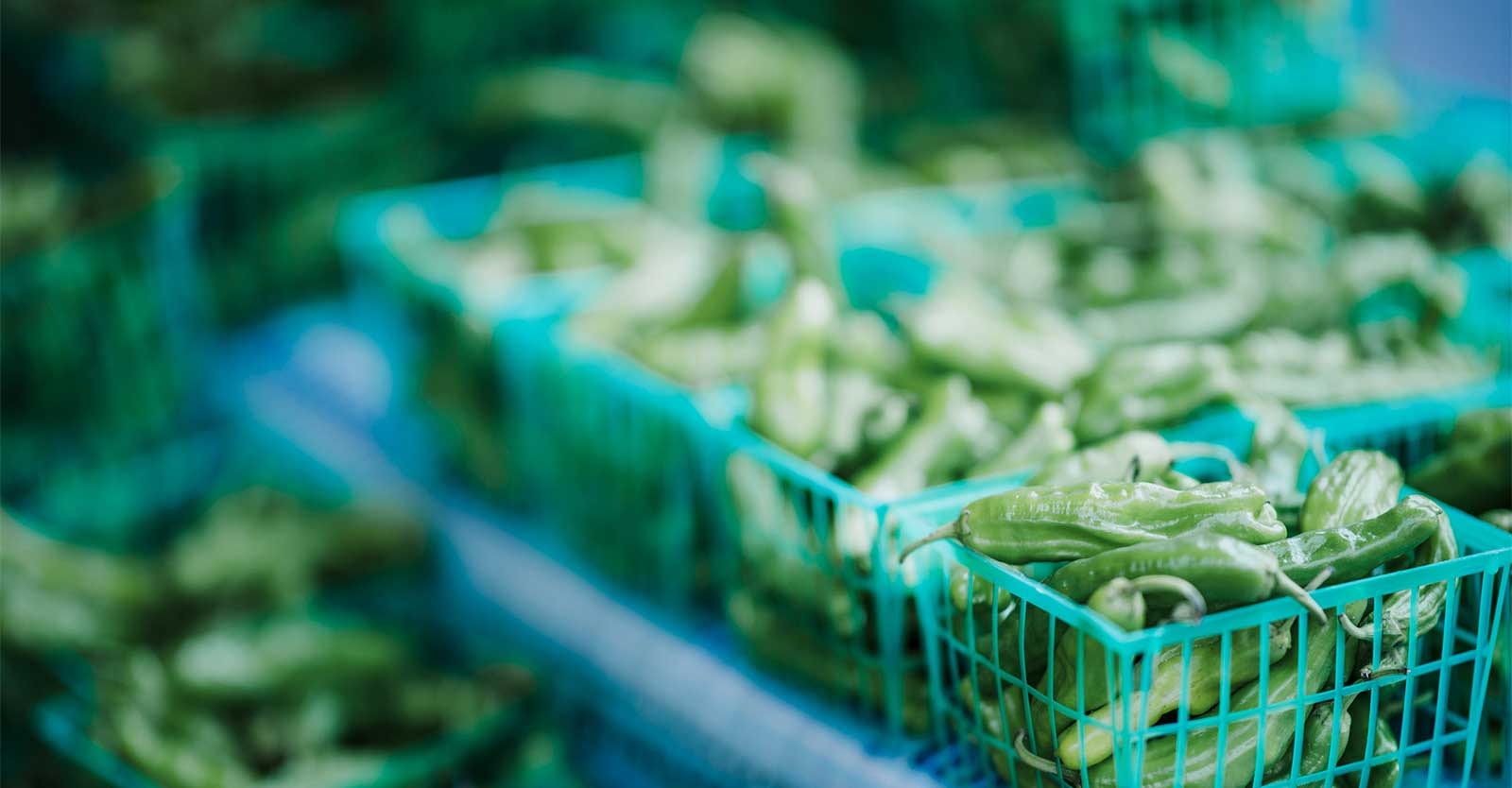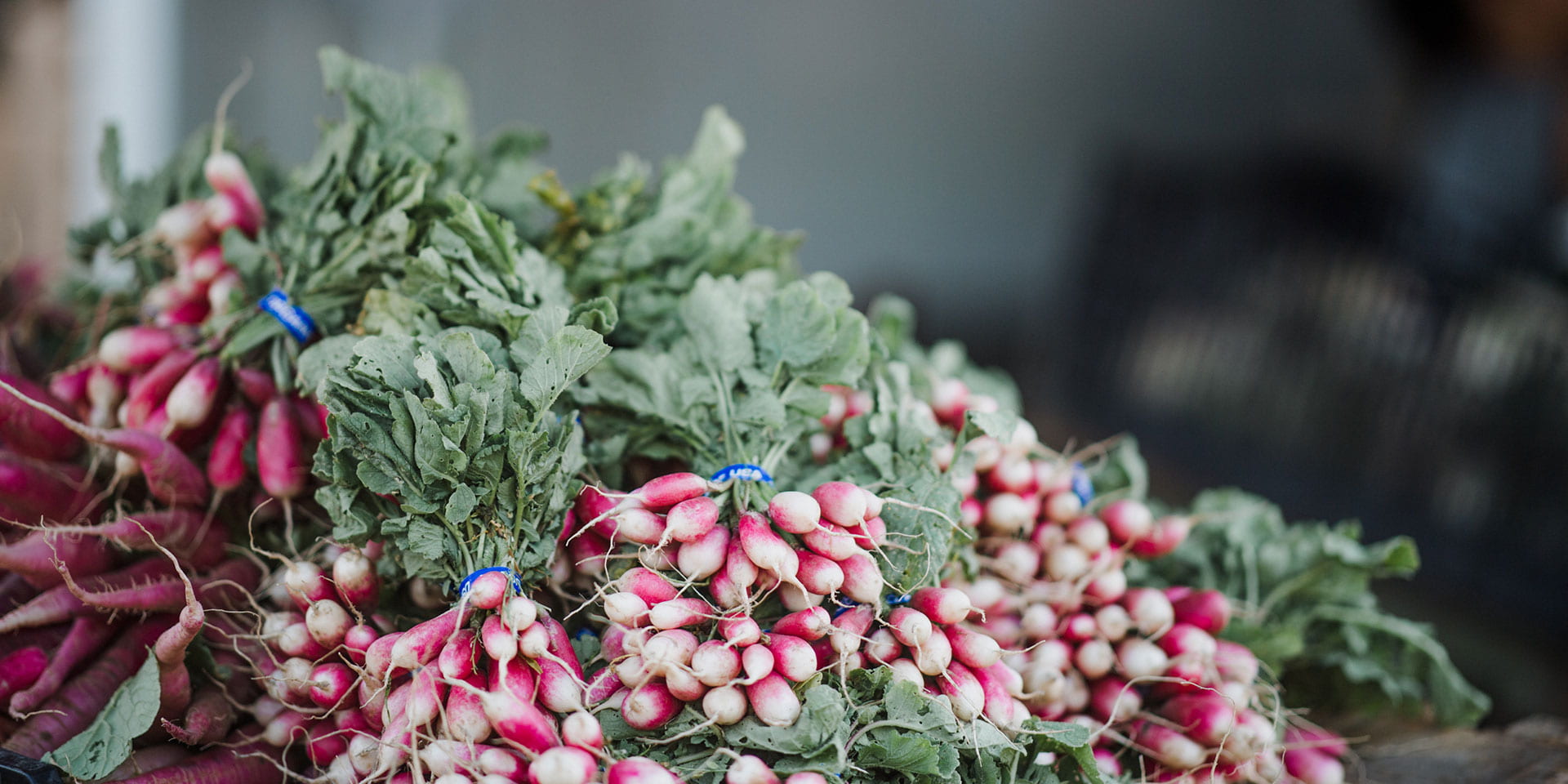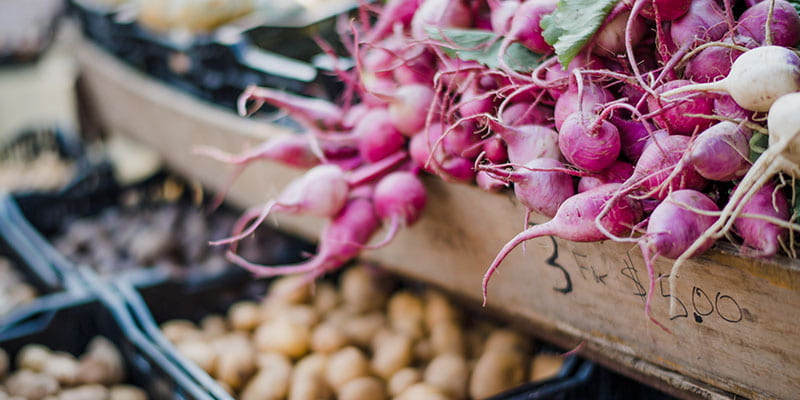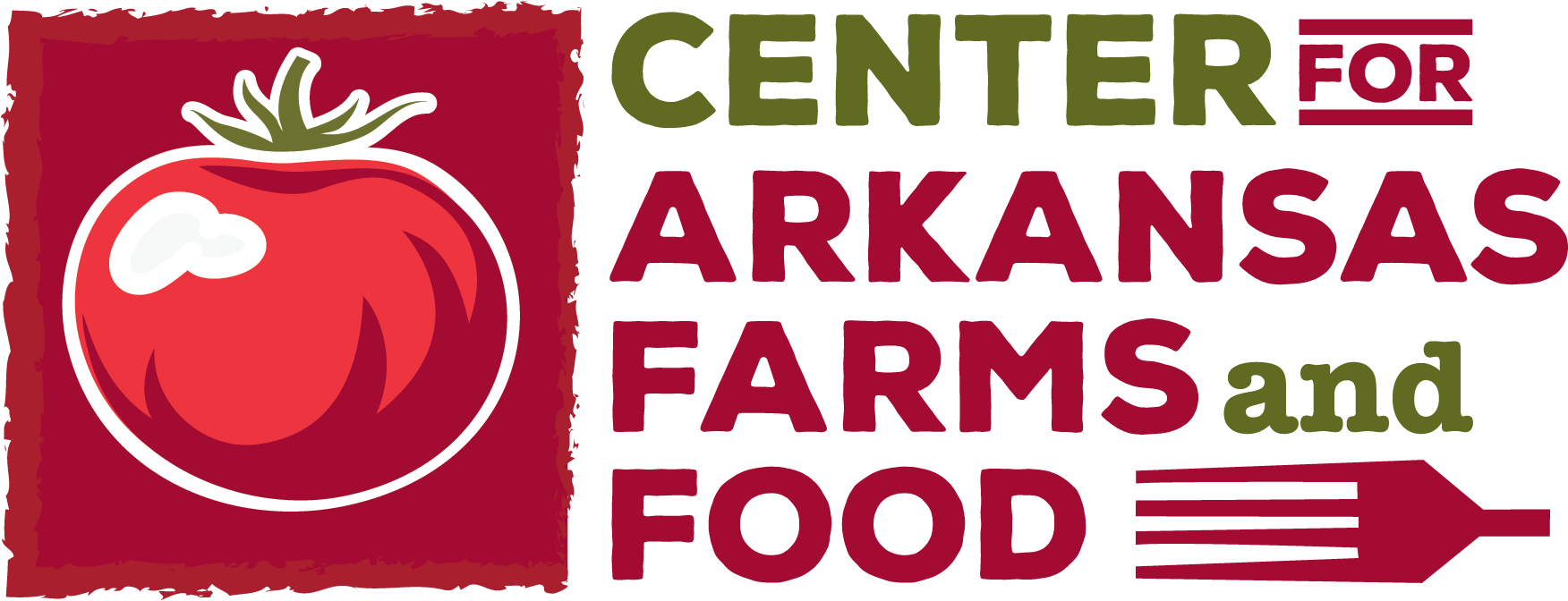Farm School

What?
Learn to run a profitable small farm business growing specialty crops like vegetables, fruits, herbs, or flowers.

When?
The CAFF Farm School lasts 9 months, beginning in mid-Fenruary Classes are Monday through Thursday, 8:30 am – 12:30 pm.

Where?
The program is located at the CAFF Teaching farm in beautiful Fayetteville, Arkansas. It is at the Milo Shult Ag Research and Extension Center on the University of Arkansas campus.
What is the CAFF Farm School?
The Center for Arkansas Farms and Food (CAFF) Farm School is a 9-month program that combines hands-on specialty crop farming with classes in production, business, and legal issues. This comprehensive approach is specifically designed for beginning farmers of fruit, vegetables, flowers, and herbs interested in selling to local and regional markets. Students gain an in-depth understanding of sustainable farming production systems and the business applications needed to succeed. The Farm School prepares farmers to become specialty crop entrepreneurs, contributing to local and regional foodsheds in Arkansas.
What will you learn?
Students will participate in production, business, and legal classroom instruction and receive hands-on field instruction. Sustainable production and business practices will be explored in-depth.
Students will learn about:
- Foundations of sustainable agriculture concepts and applications
- Skills for commercial vegetable and fruit crop production
- Market identification and marketing essentials
- How to utilize area programs, resources, and networking opportunities
- Season-long crop planning
- Farm business planning
- Legal risk management
Who is the Farm School for?
Applicants to the CAFF Farm School program should be passionate about growing food and making a difference in their communities. Although no formal farming experience is necessary, working or volunteering on a farm is strongly encouraged to gain an understanding of the work and rewards involved.
Applicants must be at least 18 years old and currently reside in the United States.
Farming is a physically demanding job and as such Farm School students will be expected to:
• bend, kneel, squat, sit, and stand for repeated or extended time periods of time
• walk over farm obstacles and maneuver through uneven terrain
• move from a squat to a standing position unaided
• repeatedly lift and carry 20-50 lb
Environmental risk includes exposure to:
• ticks, chiggars and other insects;
• dust and pollen;
• pesticides, herbicides, and insecticides;
• high temperature, humidity and winds;
• high UV exposure.
Farm School students will participate in classroom instruction and attend hands-on field training throughout the year. Farming requires hard work and dedication, but the results are more than rewarding.
Program Details
LOCATION:
This program is located at the University of Arkansas System Division of Agriculture, Milo J. Shult Agricultural Research & Extension Center, 1005 Meade, Fayetteville AR, 72704.
START DATE, COURSE LENGTH & HOURS:
CAFF Farm School is from mid-February through mid-November and meets Monday through Thursday from 8:30 AM to 12:30 PM, 16 hours per week.
CURRICULUM & INSTRUCTION:
The curriculum for the Farm School was developed to provide foundational knowledge, skills, and experience in issues that are key to farmer success. The curriculum includes classroom instruction in farm production, business, and legal knowledge, with additional hands-on farming experiential learning. Classroom and field instruction is led by educators with several years of commercial farming experience. Many guest instructors will provide additional information and expertise on topical information. These include local farmers, U of A System scientists, and local resource providers.
Farm production training includes crop production on a half-acre intensive market garden scale and a five-acre tractor scale model, greenhouses, high tunnels, and perennial fruit. All production practices are firmly rooted in sustainable and regenerative systems. The class curriculum integrates farm business and legal knowledge. Curriculum topics include soil health and sustainable management, harvest methods, food safety, biodiversity, record-keeping, financial management, managing legal risk, accessing local resources, and business and market planning. Each student creates their own unique business plan and crop plan that they can use for their future farm.
Group plots: Students are grouped into small work groups and are assigned a plot of land to work independently. Collectively they decide what they will grow, how to manage seeding and planting, how to manage crop nutrition and pests, develop a harvest schedule, identify equipment and labor needs and prepare crops for market. Crops grown in the group plots are sold at a 7-week market stand on Wednesday mornings at Agri Park beginning in July.
Market Stand: Students are trained to manage a farmers market stand, using the crops grown in their group plots and at the CAFF farm. Students learn market setup and breakdown, display techniques, produce inventory management, money management, and how to work with customers. The Market Stand happens over a 7-week period, beginning in July on Wednesday mornings at Agri Park. Proceeds from the Market Stand are used to support student scholarships.
CLASS STRUCTURE:
The program uses a cohort model with students learning and farming in small groups. Each cohort of up to 15 students goes through the program together. This class size allows for in-depth instruction, small group interaction, and strong classroom bonds.
Cost:
The cost is $3000/person.
Be sure to look at the Scholarships page of this site to see if you qualify for assistance.
How to apply
To apply for the upcoming year, click the “Apply Now” button at the top of the page during the open dates from July through September. Fill out the online application and submit any required documents.
REGISTER for email reminders about dates and deadlines.
If you require application accessibility assistance or have questions, contact CAFF at CAFF@uark.edu
Have a question? Connect with us.
